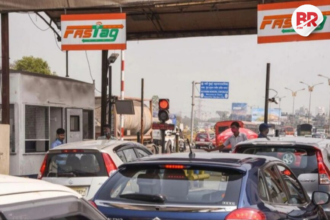
The Supreme Court of India has made a bold move by stopping the government from giving retrospective environmental clearances. This means projects cannot get approval after they have already started damaging the environment. This decision is a game changer for environmental protection in India.
Simply put, it stops companies from breaking rules first and fixing them later. Imagine building a house without a permit, then asking for one after it’s done.

Sounds unfair, right? The same logic applies to environmental laws. The Supreme Court has put its foot down to make sure this kind of shortcut doesn’t happen anymore.
What Are Retrospective Environmental Clearances?
Retrospective environmental clearances allowed projects to begin without proper checks. Later, these projects tried to legitimize their damage by applying for approvals after the fact. This practice let many industries dodge important environmental assessments, leading to pollution, deforestation, and harm to nature.
The Supreme Court called this “completely prohibited under the law.” No sugar-coating here—the court clearly wants to protect India’s natural resources by enforcing rules upfront, not after damage is done.
Also Read Operation Sindoor: Multi-Party Delegations Leave India—And Some Names Will Shock You
Why Is This Ruling So Important?
First, it reinforces the idea that prevention is better than cure. Environmental clearances are meant to stop damage before it happens. Second, it holds businesses accountable. No more cutting corners and hoping to clean up later. Third, it strengthens environmental governance by showing that laws are serious and must be followed.
Industries will have to adapt. They now need to do better planning and get all clearances before starting projects. Yes, this might slow things down a bit, but it’s a necessary trade-off for a cleaner, safer environment.
Looking ahead, this decision sets a strong example. It tells the government and businesses alike that India is serious about protecting the environment. It’s a reminder that development should never come at the cost of nature’s health.
To put it in everyday terms: you wouldn’t drive without a license and then ask for one after getting caught. So why should companies get away with harming the environment first and asking for permission later?
A Step Towards a Sustainable India
This verdict is not just a legal victory but a step towards a sustainable India. We all want a future with clean air, green forests, and healthy rivers. The Supreme Court’s decision helps make that future possible.
Also Read India Promised Every Home a Tap by 2028—But Can Jal Jeevan Mission Keep the Water Flowing?












